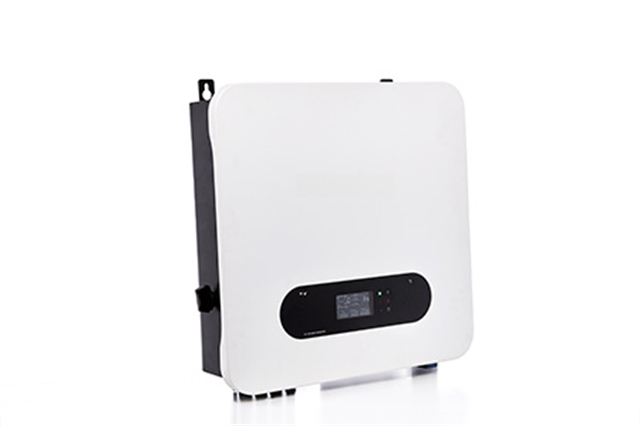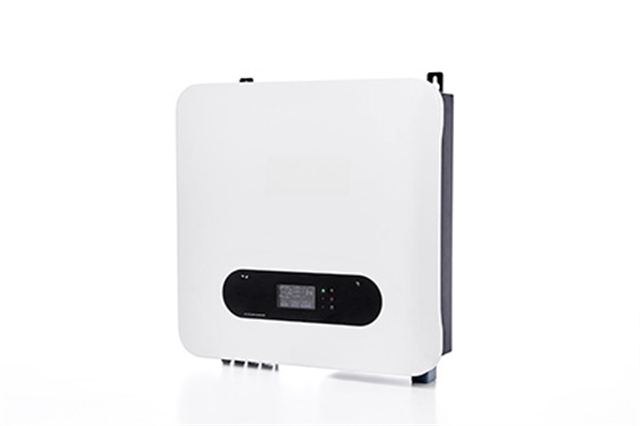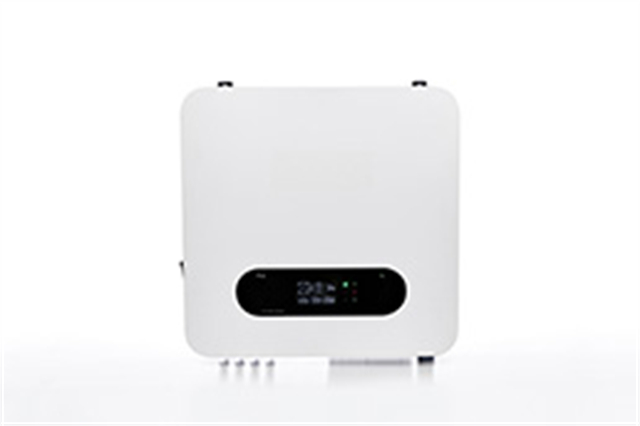Author:BLD Solar Energy SystemFROM:Solar System Converter Manufacturer TIME:2023-09-28
Choosing the Right On-grid, Off-grid or Hybrid Solar System

Solar power has become an increasingly popular and viable source of sustainable energy. As more individuals and businesses recognize the benefits of harnessing solar energy, the options for solar systems have also expanded. When deciding to go solar, one of the primary considerations is choosing between an on-grid, off-grid, or hybrid solar system. Each option has its advantages and disadvantages, depending on specific needs and circumstances. In this article, we will explore the differences between these three types of solar systems to help you make an informed decision.

An on-grid solar system, also known as a grid-tied or grid-connected system, is connected to the local utility grid. It works by generating electricity from solar panels and feeding any excess power back into the grid, earning credits through net metering. This type of system is ideal for areas with a reliable grid connection and where electricity prices are high. It allows homeowners and businesses to offset their electricity bills and sometimes even earn money from selling surplus electricity.

An off-grid solar system operates independently of the utility grid, relying solely on solar power and a battery storage system. This system is suitable for remote areas or locations where grid connection is unreliable or non-existent. The excess solar energy generated during the day is stored in batteries for use when the sun is not shining. Off-grid systems require careful planning to ensure sufficient battery capacity and backup power for extended periods of cloudy weather. They offer complete energy independence but may come with higher upfront costs.
A hybrid solar system combines the benefits of both on-grid and off-grid systems. It is designed to have grid connection as well as battery storage capability. Hybrid systems draw power from solar panels, batteries, and the grid when needed. They provide flexibility and security during power outages, allowing users to operate both on and off-grid. Hybrid systems are suitable for areas with unstable grid connections or frequent power outages, as they ensure uninterrupted power supply while still being able to take advantage of net metering benefits.
When deciding which solar system is right for you, several factors should be taken into account:
The installation and maintenance requirements vary for each type of solar system. On-grid systems typically require less complex equipment and can be easily installed by professionals. Off-grid systems, on the other hand, necessitate careful planning and design for optimal battery capacity and backup power. Hybrid systems require expertise in both grid-tied and off-grid installations. Regular maintenance, such as cleaning the solar panels and checking battery health, is necessary to ensure the system's longevity and optimal performance.
In conclusion, choosing the right solar system - on-grid, off-grid, or hybrid - depends on various factors such as location, energy needs, cost, battery requirements, and environmental impact. On-grid systems offer financial benefits through net metering, while off-grid systems provide complete independence from the grid. Hybrid systems combine the advantages of both. Assessing your specific needs and consulting with solar professionals can help you make an informed decision and maximize the benefits of solar energy.
